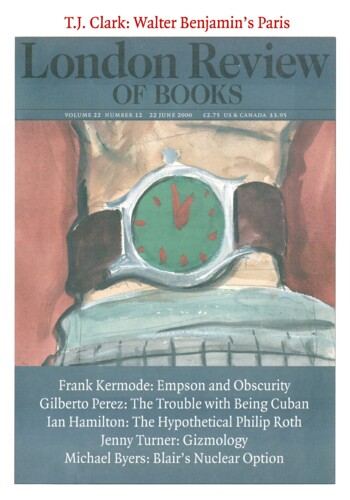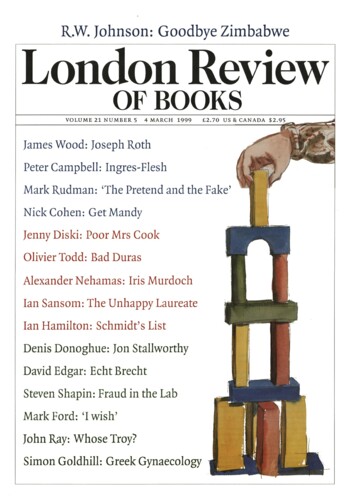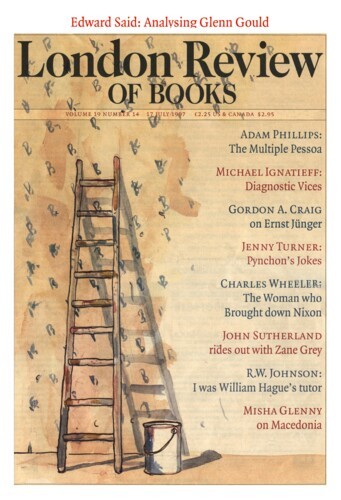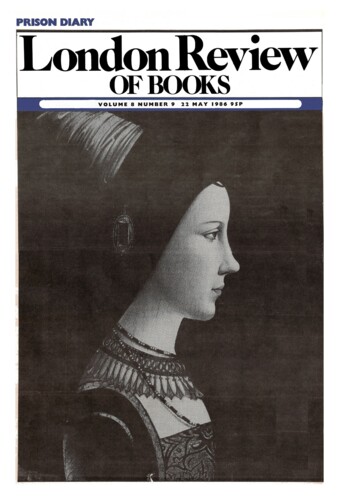The ancient quarrel between philosophy and poetry which Plato described, and in which he took part, is still being fought. Poetry today has become, more generally, ‘rhetoric’, ‘fiction’, ‘literature’, ‘literariness’, ‘narrative’ or ‘writing’. It has even found an ally within the enemy’s ranks – the recent anti-philosophical philosophy sometimes known as the New Pragmatism. And though it has now become more pervasive, though the tables appear to have been turned against philosophy, and though the issue no longer seems to be simply the proper domain of each practice, the war between philosophy and poetry goes on. While Plato would have denied that, strictly speaking, poetry is a practice or an ‘art’ (a techne) at all, poets today have struck back by arguing that philosophy itself is a species of poetry. Philosophy differs from the rest of fiction, the argument continues, only by its bad faith. For it is the only branch of literature which deceives itself into claiming that, unlike the others, it can give correct and final answers to deep, serious and substantive questions – to ‘the perennial problems’. Philosophy, the poets claim, is rhetoric which has forgotten that it is rhetoric; it believes it has a theory and methods which can do more than persuade, which can, some day at least, lead us to the truth.’
The ancient quarrel between philosophy and poetry which Plato described, and in which he took part, is still being fought. Poetry today has become, more generally, ‘rhetoric’ ...





